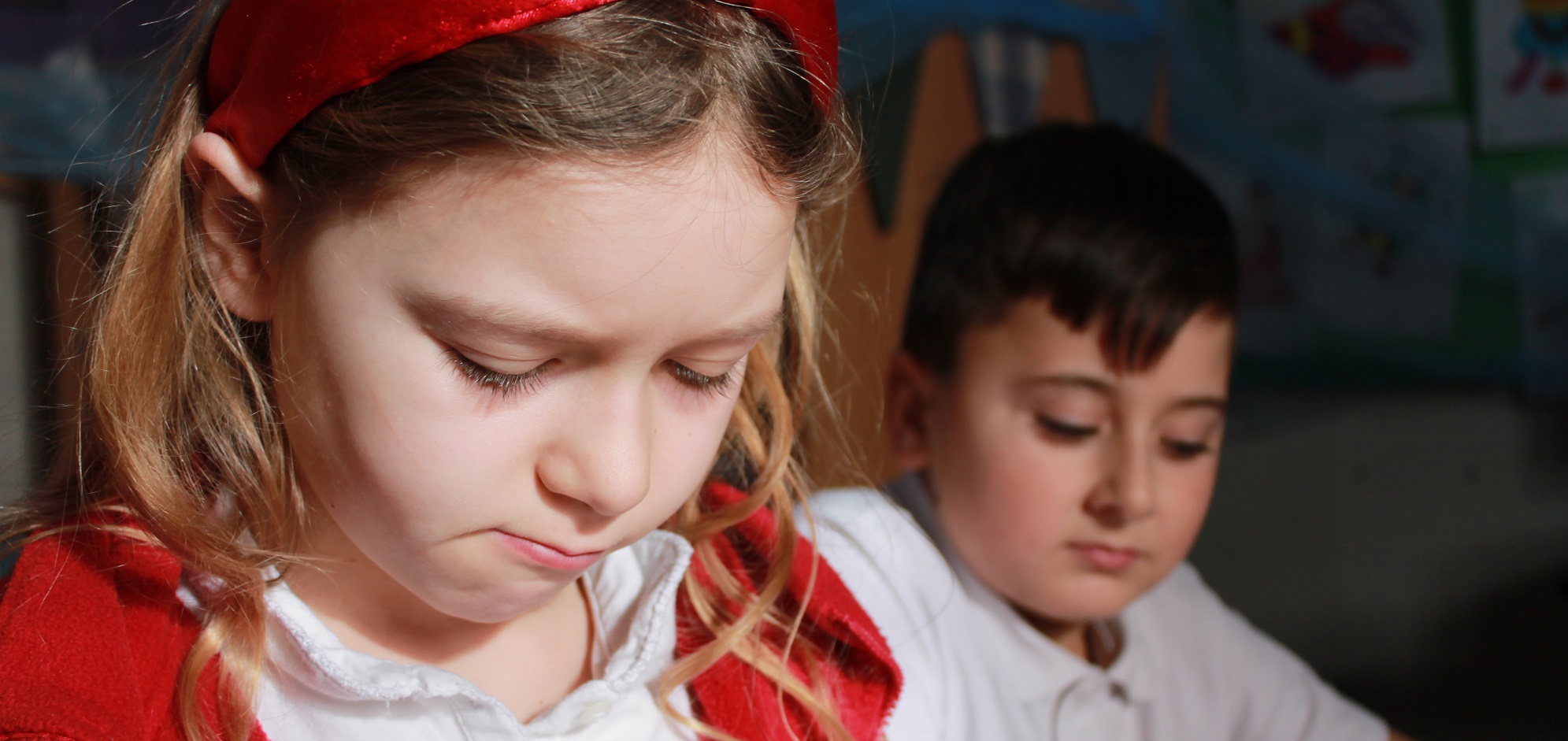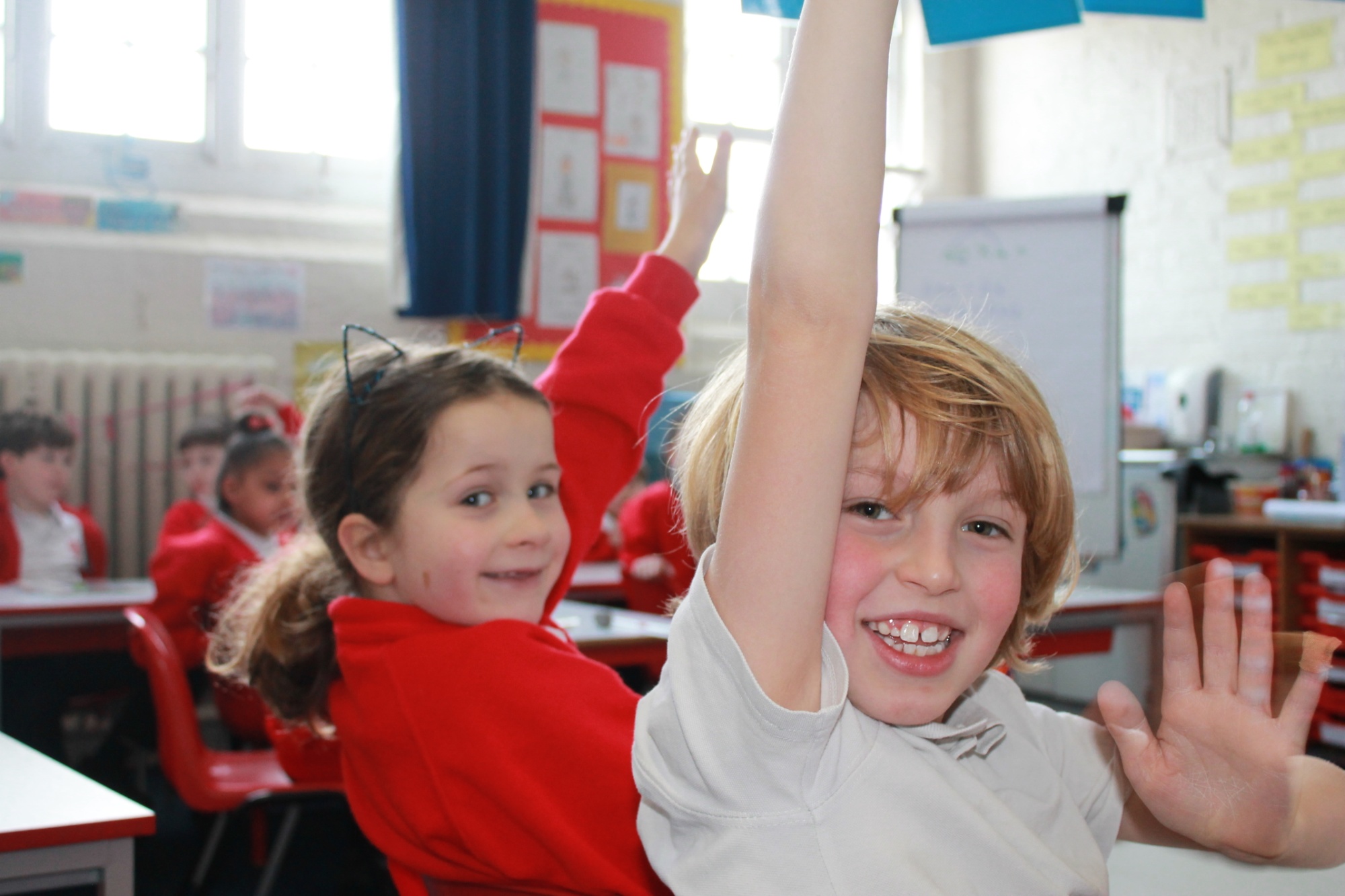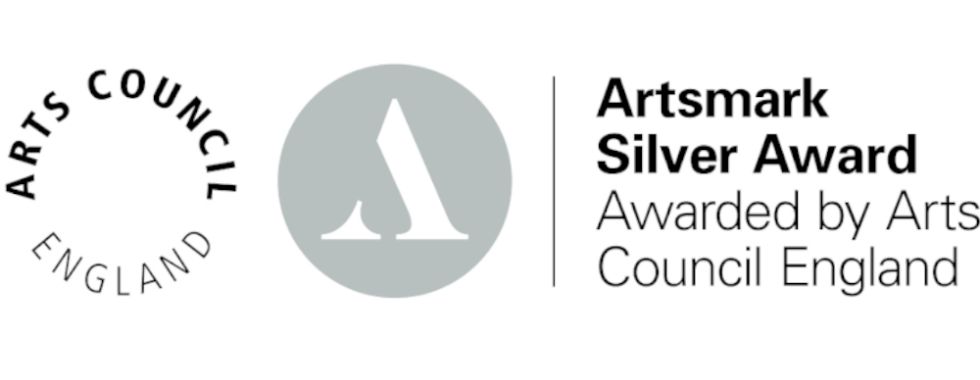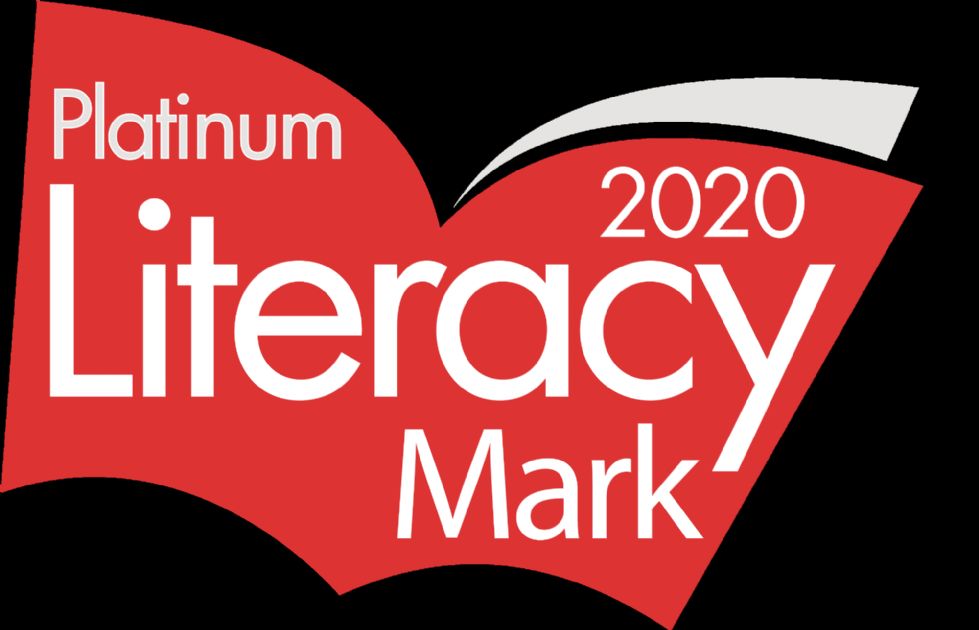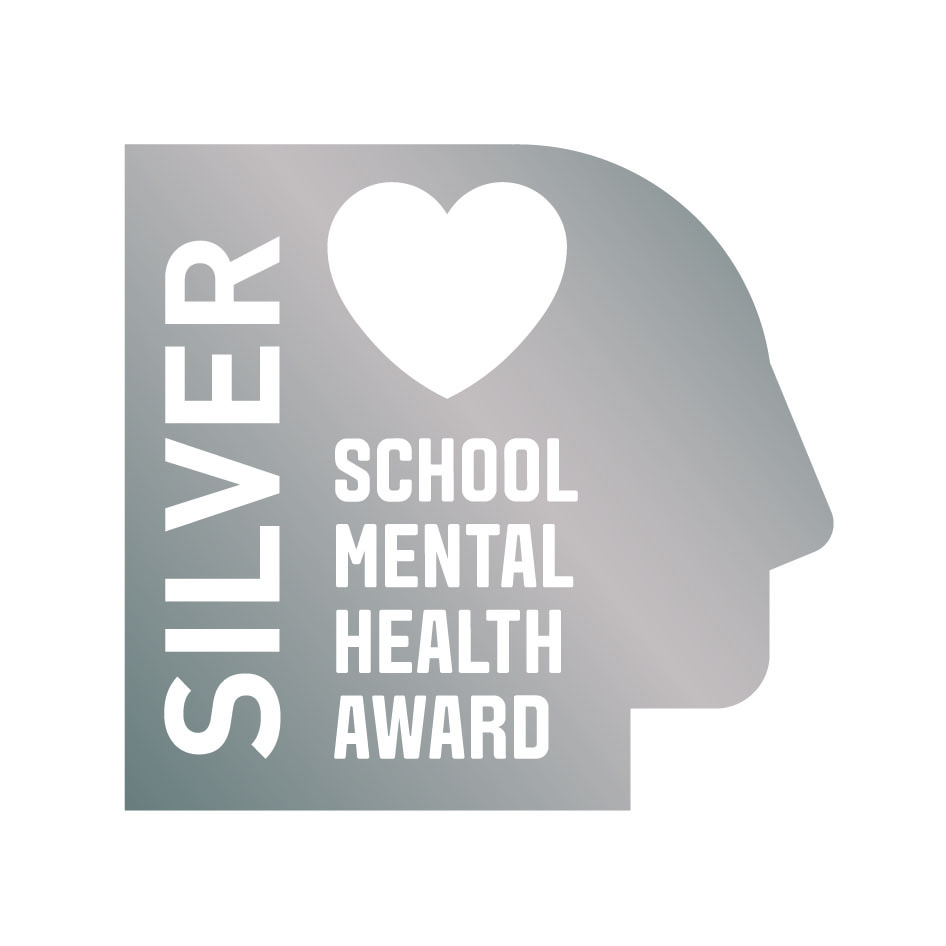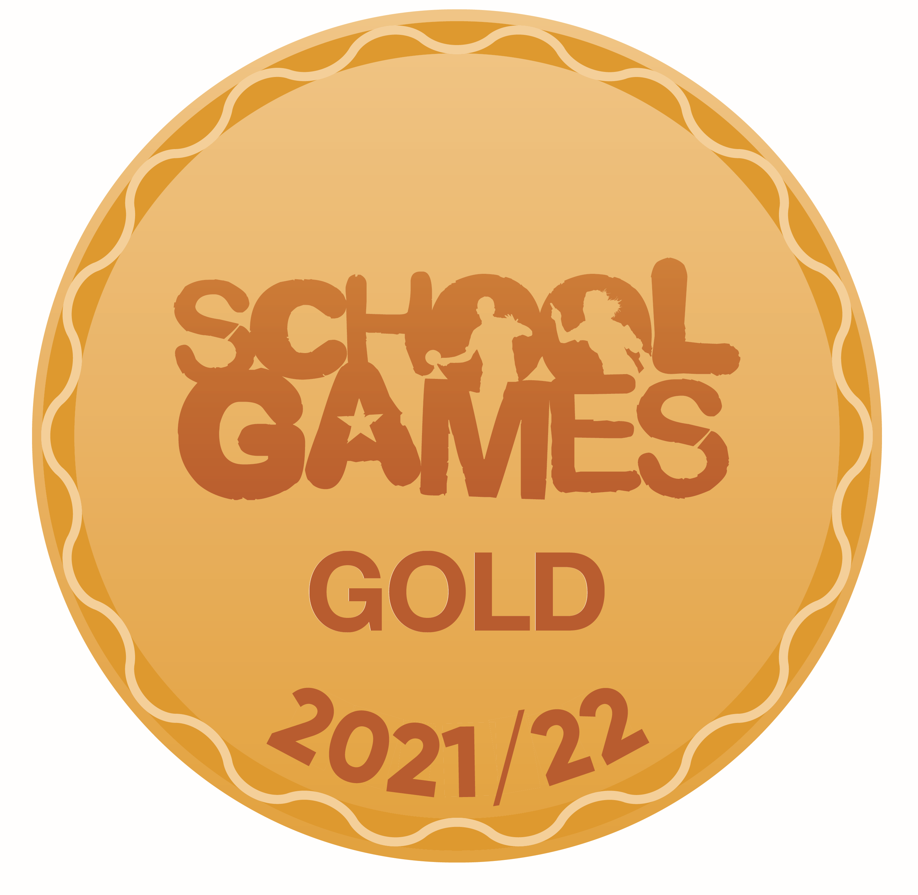Spelling
The National Curriculum that children follow in English primary schools places great emphasis on correct spelling and at the end of Year 6 every child sits a spelling test.
Learning to spell well is extremely useful if we want our children to become confident writers. If they are constantly stopping to think about how words are spelled while they write, it can interrupt the flow of their thoughts, taking them away from what we want them to be thinking about: their choice of words and how they construct those words into sentences that communicate exactly what they want to say.
The National Curriculum requires children to learn to spell different words in different year groups.
Key Stage 2 (Years 3 to 6)
In Years 3 and 4, children in English schools will continue to develop their spelling from Key Stage 1. The National Curriculum outlines the spelling rules that children will learn in Year 3 and Year 4:
- Use further prefixes and suffixes and understand how to add them (such as dis– and –sure)
- Spell further homophones (such as except/accept)
- Spell words that are often misspelt
- Use the possessive apostrophe accurately (plurals)
- Use the first two or three letters of a word to check its spelling in a dictionary
The National Curriculum for Years 5 and 6 expects children to be able to:
- Use further prefixes and suffixes and understand the guidance for adding them (such as –able and –ible)
- Spell some words with ‘silent’ letters (such as knight)
- Continue to distinguish between homophones and other words which are often confused
- Use knowledge of morphology and etymology in spelling
- Use dictionaries to check the spelling and meaning of words
- Use a thesaurus
By the end of Year 6, children are expected to understand and be able to meet the challenging spelling demands outlined in the National Curriculum. Children’s knowledge is assessed through a grammar, punctuation and spelling test that children sit in May as part of a week of national tests.
Syd the Sequinned Super Speller Snake
All children, except for children on the Read Write Inc programme RWI, learn their spellings given out on Mondays. The children choose how they learn these on Spelling Shed through the difficulty level (easy, medium, hard, extreme).
https://www.spellingshed.com/en-gb/index.html
Look, Say, Cover, Write, Check sheets with that week's words go home every Monday to help your child learn them.
Syd’s Spelling Reward System.
Spelling Tests are taken on Fridays. Super Spelling stickers given to all children who get 100% of their target right.

Once the children have received 3 stickers they are then presented with a Super Spelling Certificate in class.
Syd’s Star Speller Award
The class teacher chooses a child to receive this award each week for a variety of things; ranging from the effort applied when learning spellings, ability to apply the rules to their work and overall engagement and enthusiasm. This is awarded in our Star of the Week assembly.
Syd the Sequined Super Speller Snake will come to stay with the class with the highest average every week. This takes place during Monday assembly giving teachers (children) time to find their average for the week.
This is Syd.



